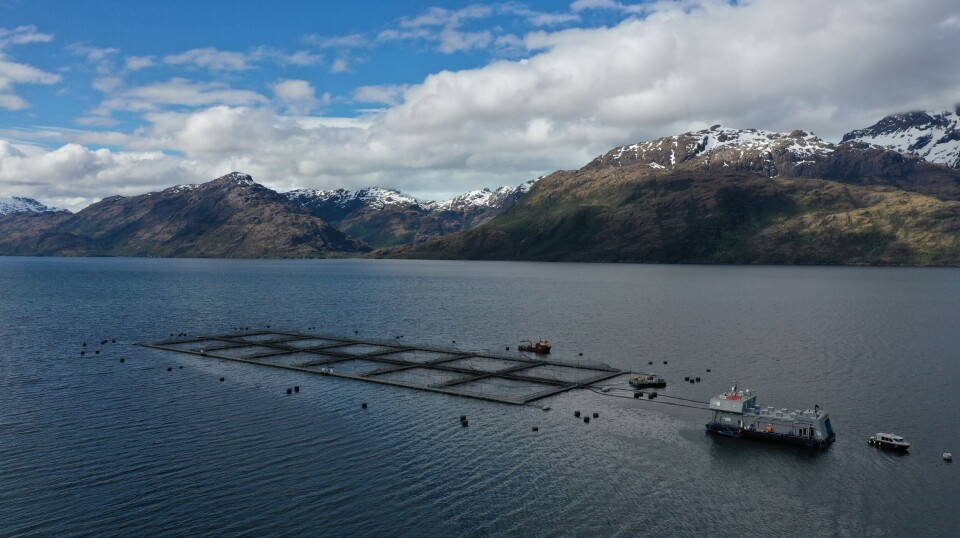
Chilean MPs consider 3 cents per kilo production tax for farmed salmon
Income would benefit areas where the fish are produced
Miguel Ángel Calisto, a politician representing a fish farming area in Chile, has proposed a production tax equivalent to US $0.03 per kilo on harvested salmon to benefit the areas where it is produced, reports Fish Farming Expert's Chilean sister site, Salmonexpert.cl.
Calisto is a member of the Chilean Congress’s lower house, the Chamber of Deputies, and represents the Aysén Region.
He said aquaculture activities carried out in the sea “have an outstanding debt with the southern Austral zone of our country”.
No current benefit
"In Aysén, where the largest number of cultivation centres (fish farms) are currently located, there is no evidence that this activity is translating into full development for that region in accordance with the wealth generated there,” the deputy added.
His proposal to the Chamber of Deputies states that a specific tax should be established in favour of the regions and communes for the exploitation of aquaculture concessions intended for the production of salmonid species.
Chile produces around 1 million tonnes of farmed Atlantic and coho salmon and rainbow trout annually, so if all those species were taxed at the proposed rate, salmon farming regions would make the equivalent of US $30 million.
Development of regions
Calisto’s proposal states that the tax revenues must be allocated to research and development of marine activities, to the studies, development and execution of territorial planning and to the development of the regions and communities where the aquaculture concessions are located, which will allow for the achievement of a sustainable productive model for aquaculture and mitigate the environmental effects resulting from this activity.
The tax must be paid annually by the respective concessionaire, as long as it has valid and operational aquaculture concessions.
In a recent Deloitte seminar on salmon farming, Calisto made a presentation about the proposed tax. In a panel discussion, Sady Delgado, chief executive of Chile’s largest salmon farmer, AquaChile, indicated that if a good regulatory framework for the industry is achieved, the discussion of a tax burden will be simple, while taking into account competitiveness. Gerardo Balbontín, boss of salmon farmer Blumar, agreed.
A common tax
Production tax is already levied on salmon farmers in Norway, where municipalities that host fish farms receive money from the government's Aquaculture Fund.
And in Scotland, a per kilo production tax forms part of the seabed rent that fish farmers pay to Crown Estate Scotland. Most of that money goes to the Scottish Government, which says it is redistributed to the areas from where it was collected.
The governments of Iceland and the Faroe Islands also impose a production tax on fish farmers.
























































